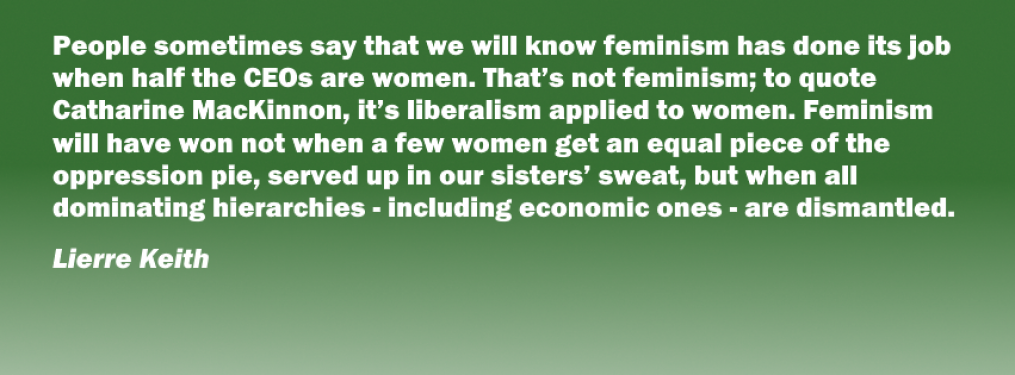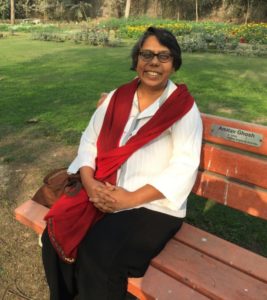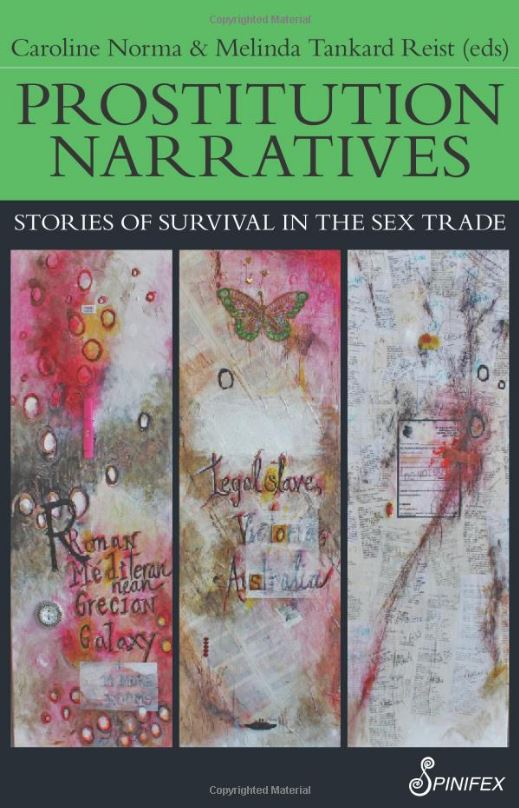The following is an excerpt from The Industrial Vagina chapter 1, Feminists and the global sex industry: cheerleaders or critics, by Sheila Jeffreys.

There is no question that the prostitution of women has played a significant role in the development of many national economies and continues to do so. What is in question is whether this should be celebrated or condemned.
The role of black slavery in the construction of British economic supremacy in the 19th century, for instance, is considered a cause for shame rather than celebration.
It is not obvious that the contribution of prostituted women in debt bondage should receive a much more positive treatment. There is evidence of the way in which the prostitution of girls and women has contributed to the historical economic development of Japan and Australia. The foundation of the ‘comfort women’ system for the Japanese military in the 1930s and 1940s lies in the phenomenon of karayuki-san in the second half of the 19th century. Young women and girls from poor rural areas were kidnapped, deceived by being offered jobs or sold by their parents to traffickers, through very similar methods to those used today in the trafficking in women. They were smuggled out of Japan and sold to brothels in neighbouring countries, in particular China and the east coast of Russia. The children, some of whom were as young as seven when sold, were raised and trained in brothels in the major business centres for this industry, Vladivostok, Shanghai and Singapore. They were trafficked on to brothels in South East Asia, India, Australia, Hawaii, the East Coast of the US, and even Cape Town. In the decades after 1868 their numbers increased rapidly.
The trafficking of karayuki replicates closely the trafficking that takes place today. The girls were sold for $500–800 to brothels and were then in debt bondage, often finding themselves tied into servicing the debt for many years. Many never saw their homes again, and many committed suicide. By 1910 the number of registered karayuki-san was more than 19,000, whereas their equivalent in prostitution within Japan numbered only 47,541. The trafficking was well organized through established crime organizations such as the Yakuza which were traditionally involved in this trade.
…this form of trafficking in women was crucial to the rapid economic and industrial development of Japan in this period. But this importance was long neglected in scholarship. This neglect was perhaps similar to the neglect until comparatively recently of acknowledgement of the role of black slavery in the development of British capitalism.






